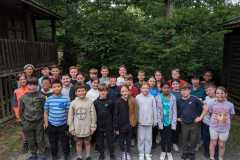


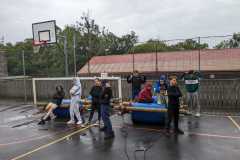
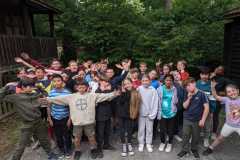
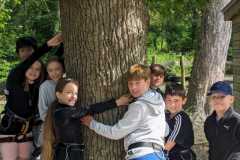
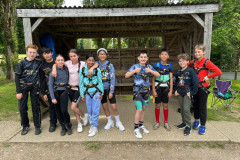
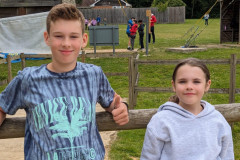
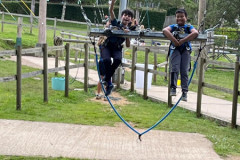
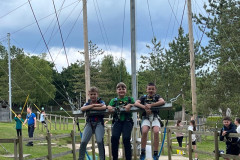
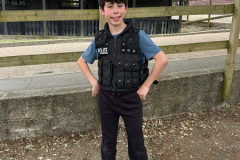
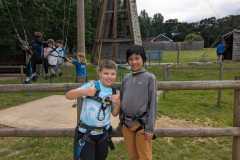
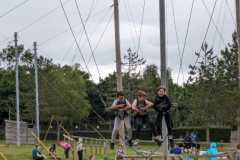
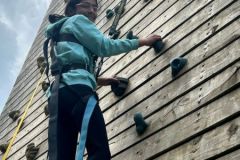


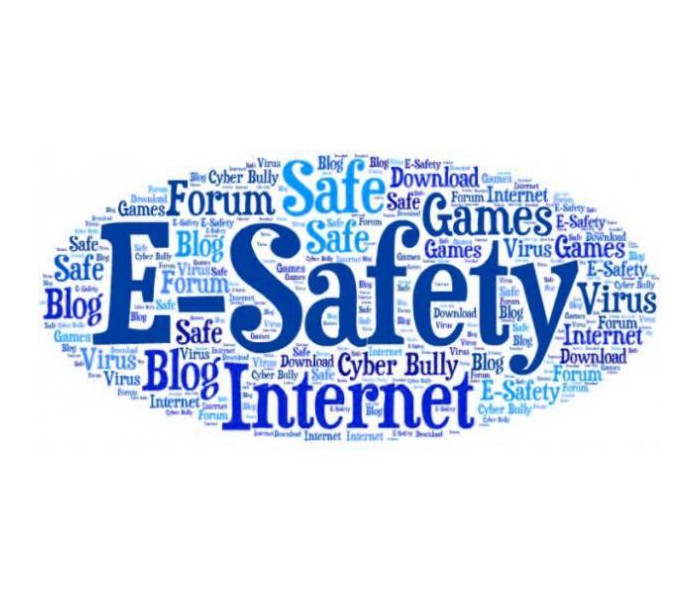
Internet Safety is both a vital part of the curriculum at school and important in everyday life. The think you know website above is a useful tool for children and parents to use to learn more about safety online.
At school, we frequently discuss Internet safety in Computing lessons, PSHE lessons and whenever we use technology in other lessons. We celebrate Safer Internet Day each year.
Below are some documents that are useful for parents:
Are you worried about online sexual abuse or the way someone has been communicating with your child online? Are you concerned about online grooming or sexual behaviour online? If the answer is YES, Make a report to one of CEOP’s Child Protection Advisors. For more information regarding online safety, visit the CEOPS website. please click on the image below.
NSPCC’s Net Aware provides guidance to parents on social networking sites, apps and games which children use and how to keep their children safe in today’s digital world. It can be accessed via https://www.net-aware.org.uk/. Given that many such new sites constantly appear, this website can be quite useful to stay up to date and keep children safe.
Are you…
Click on the titles below for more information.
Be a part of their online life; involve the whole family and show an interest. Find out what sites they visit and what they love about them, if they know you understand they are more likely to come to you if they have any problems.
The Thinkuknow site has films, games and advice for children from five all the way to 16.
There is a wealth of age-appropriate sites online for your children. Encourage them to use sites which are fun, educational and that will help them to develop online skills.
Children grow up fast and they will be growing in confidence and learning new skills daily. It’s important that as your child learns more, so do you.
Think about what they might see, what they share, who they talk to and how long they spend online. It is important to discuss boundaries at a young age to develop the tools and skills children need to enjoy their time online.
For children of this age, it is important to keep internet use in family areas so you can see the sites your child is using and be there for them if they stumble across something they don’t want to see.
Nowadays even the TV connects to the internet. Make sure you’re aware of which devices that your child uses connect to the internet, such as their phone or games console. Also, find out how they are accessing the internet – is it your connection, or a neighbour’s wifi? This will affect whether the safety setting you set are being applied.
Such as the TV, laptops, computers, games consoles and mobile phones. Parental controls are not just about locking and blocking, they are a tool to help you set appropriate boundaries as your child grows and develops. They are not the answer to your child’s online safety, but they are a good start and they are not as difficult to install as you might think. Service providers are working hard to make them simple, effective and user friendly. Find your service provider and learn how to set your controls.
If you have any concerns or would like to know more, please don’t hesitate to speak to us. You can find out more about how children use social media, the apps they use, the risks they face, how to use privacy settings, and advice and tips about how to talk to your children at: